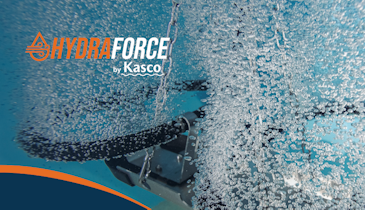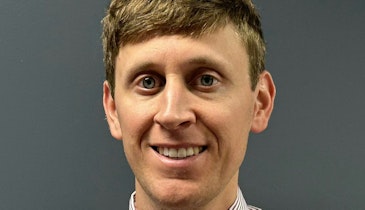If you ask Shawn Middendorf to describe his management style, he will say he "leads as a servant." He believes that "By taking care of people, the water will take care of itself." That philosophy has taken him far, from entry-level maintenance worker to system manager of the...
Leading by Serving
Shawn Middendorf is a go-getter, moving from entry level to local manager. His leadership and problem-solving skills have benefited the City of Nevada, Mo.
Popular Stories
Discussion
Comments on this site are submitted by users and are not endorsed by nor do they reflect the views or opinions of COLE Publishing, Inc. Comments are moderated before being posted.












